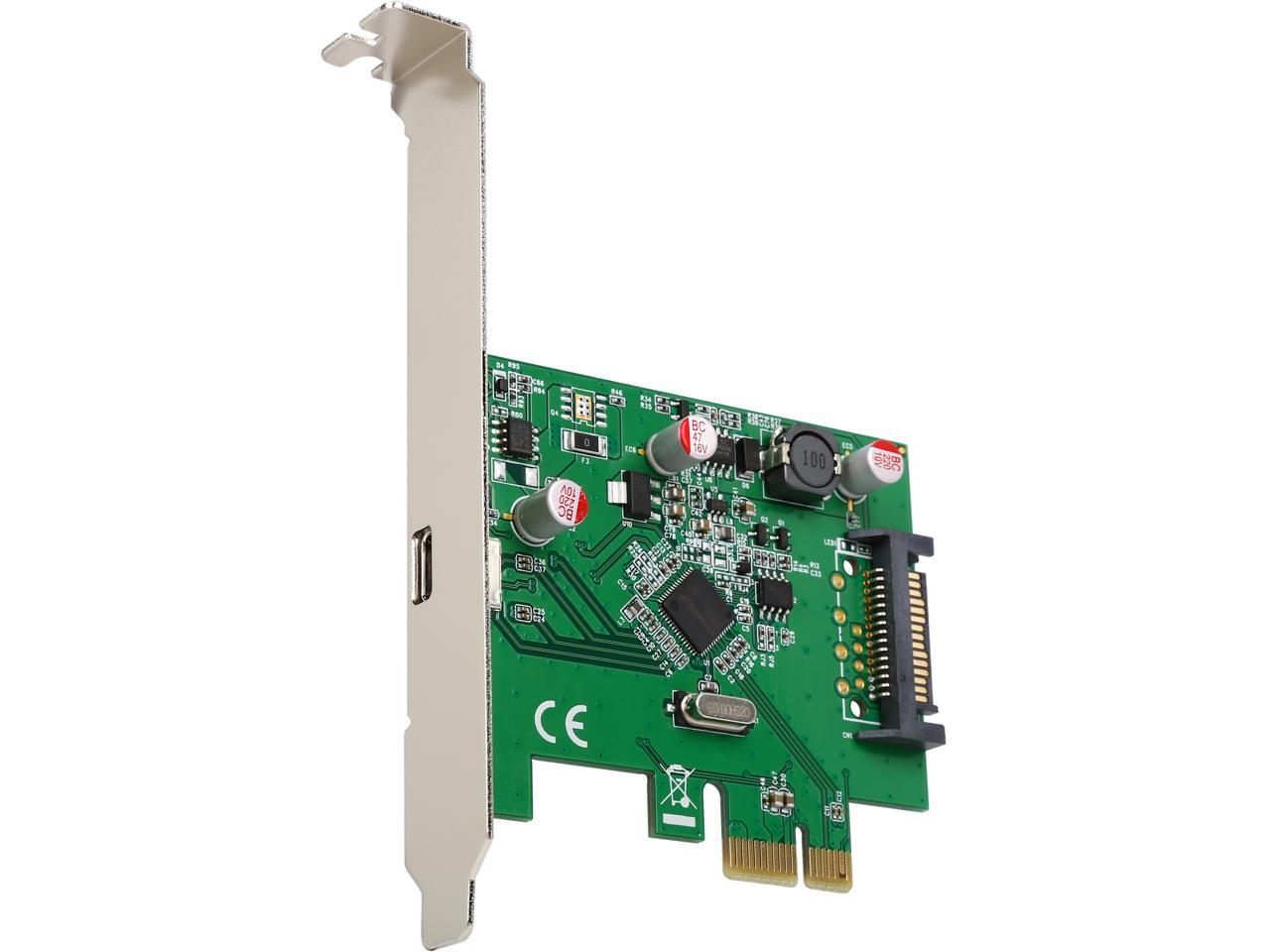
- #Usb 3.0 extensible host controller 1.0 install#
- #Usb 3.0 extensible host controller 1.0 drivers#
- #Usb 3.0 extensible host controller 1.0 driver#
- #Usb 3.0 extensible host controller 1.0 Pc#
- #Usb 3.0 extensible host controller 1.0 plus#
#Usb 3.0 extensible host controller 1.0 plus#
None of your HUBs look to be USB3.1 but lets assume USB3.0 is all it needs as they say.They are simply in alphabetic order and the Rear ones are likely to be Standard ones for Mouse & Keyboard (you got 4) plus 3 on PCIe.
#Usb 3.0 extensible host controller 1.0 install#
SO.yours did not install the Generic SuperSpeed HUB but did the Gerneric HUB by the Oculus Install of attaching the RIFT S. speakers and not headphones with the RIFT S. In PokerstarsVR I must use another Audio Device e.g. Well although Inatech were recommended even for the CV1, Users had to use the MS Defaults instead.įor me I can't get my USB3.0 PCIe Card to track controllers but the m/b USB3.1 (GEN1 I presume) work so much as only get issue of Flashes over 2 hours then a Blackscreen but only in Elite. I'd very much like for this to work but this has been a real headache. It also still tells me the error VIA USB 3.0 eXtensible Host Controller - 1.0 (Microsoft).Īll the other computer specs are just fine. The Inateck ports work with other USB 3.0 devices/thumbdrives - but when the Rift S is plugged in it wont show up or is recognized.
#Usb 3.0 extensible host controller 1.0 drivers#
Just shows up when plugged into the one that says it's not compatible on my motherboard.Īlong with a caution sign it says - "Some of the hardware that powers your USB ports is not compatible: VIA USB 3.0 eXtensible Host Controller - 1.0 (Microsoft)"īefore going out and purchasing the PCI card I made sure my VIA USB drivers for that are updated and they still, currently up to the latest driver. Now it wont recognize the Oculus if it's plugged into any of these USB ports on the PCI card. I bought the 7 port one, installed it and the drivers, restarted the computer - the whole deal. I saw that this can be an issue and oculus recommended high speed USB 3.0 PCI card from inateck. Our solution was attaching the server with 5 PCI 4x USB Cards which allowed us to stack 110 devices per server.Just recently bought a Rift s and for some reason it said my USB ports I have on my motherboard aren't compatible.

However even with active power supply on the hubs and good cable connections we had issues if we added more than 1 7er Hubs (=7 devices) per physical mainboard USB Port. On our setup we were limited to 3 additional hubs per Port. So you should check which port on your hub is connected to the "primary" and "secondary" hub.Īdditionally you cannot put more than 5 hubs in row, (including root hub + possible already another hub on your mainboard before you even reach the USB Plug) Most of the time you get 7 Port hubs there are actually 2 Hubs inside the case row. Measure the power output of the USB cables. Make sure you do not use too long cables between host and hubs, low cost ones did produce high amount of issues for us on even 3m length, while USB2.0 specs allow for 5m Cable until you need a "Hub" Technically my answer is USB2.0 info i give but it might help you get some ideas where to look at.
#Usb 3.0 extensible host controller 1.0 driver#
I'm hoping that there is a way around this limitation with the Intel hardware - another driver or a different controller altogether.įirst: i do not know if there might be a bug/feature limit on your USB host controller or spec limitation (in case of devices, hubs in row) change in USB2 vs USB3 (Davids Answer seems to show the limit of the intel controller) We are sure that this is a power issue but all of the hubs are powered and the cameras are also on mains adapters.Īt the moment we are having to fall back to USB2 but the transfer rate means that the photo capture process has increased significantly - each image file is around 23MB and it can take 20 seconds or so to download all of the files. The system has three of these - all powered, but will only support around 11 of the connected devices (two and a bit hubs worth).

The configuration is that the cameras connect to a powered USB3 hub ( something like this) which allows 7 devices to be attached.
#Usb 3.0 extensible host controller 1.0 Pc#
I am working on a project which utilises 18 high-end DSLR cameras, connected to a PC via USB.ĭuring development the system was running USB2 will no problems whatsover but when we moved to a system running USB3.0 we started getting the following error which resulted in only 11 of the cameras being recognised.


 0 kommentar(er)
0 kommentar(er)
